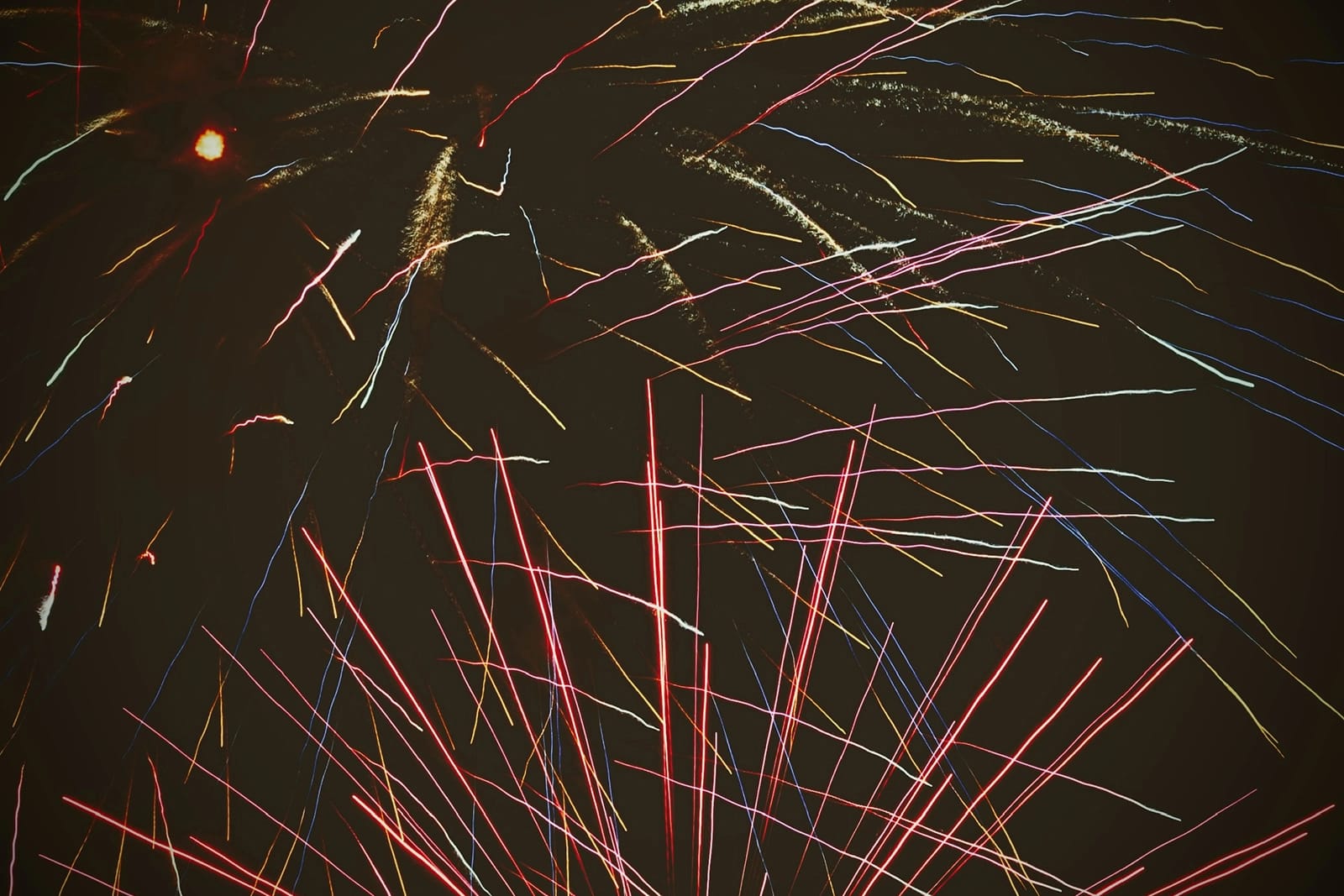
articles / Fourth of July
How the 1812 Overture Became Music for the Fourth of July
Rob Cutietta, former Dean of the USC Thornton School of Music and Glorya Kaufman School of Dance, seemed like the perfect guy to ask why a piece written by Tchaikovsky about an 1812 Russian victory over the French has become a part of so many 4th of July celebrations? And why does it always come with fireworks?
Such a great question. You can’t go to a 4th of July concert now without hearing the 1812 Overture. You do hear Copland, you do hear Bernstein, you do hear Gershwin, you certainly hear John Philip Sousa, but that’s always on the first half. It’s never what the people come for.
To get to the answer we have to think back to the mid 1970s. The country was gearing up for the bicentennial—for those of us who remember that it was a really really big deal. Two years before that in 1974, Arthur Fiedler who worked with the Boston Pops did a televised concert for the 4th of July and he was the person who did the 1812 Overture with cannons and with church bells. Naturally, everyone was watching this show and musical directors around the country thought “well I have to do something for the bicentennial” and immediately it was the right piece at the right now.
In 1976, we see symphonies all over the country programming the 1812 Overture, and it has become so popular and so standardized that it really has become the Independence Day piece for the United States. Tchaikovsky didn’t write in the fireworks, those were added after, but they’re so great we all love it.
People probably don’t think about where it came from, it’s just a neat piece of music. But when you hear some of the themes going on in the piece, they really make no sense for us to be using in this way. I would think the second movement of Ives’ Three Places in New England would be THE American piece. It doesn’t get more American than that—it’s complicated, but it’s fun and has American folk songs and a marching band in it—but for some reason, I never hear that on the 4th of July.
A bonus question for Dean Rob… what is the 1812 Overture an overture to? Is there an 1812 Opera?
There’s no 1812 Opera. You’re thinking the term “Overture” would be an overture to something, but often times with classical music it’s never that simple. “Overture” is a term that was used in the 19th century for one-movement programmatic orchestral pieces. Franz Liszt called these “symphonic poems.” Richard Strauss called them “tone poems.” All of these terms mean the same thing: one movement pieces that are trying to tell a story or capture a specific mood. So that fits the 1812 Overture because it’s a one-movement piece that tells the story of a battle.






